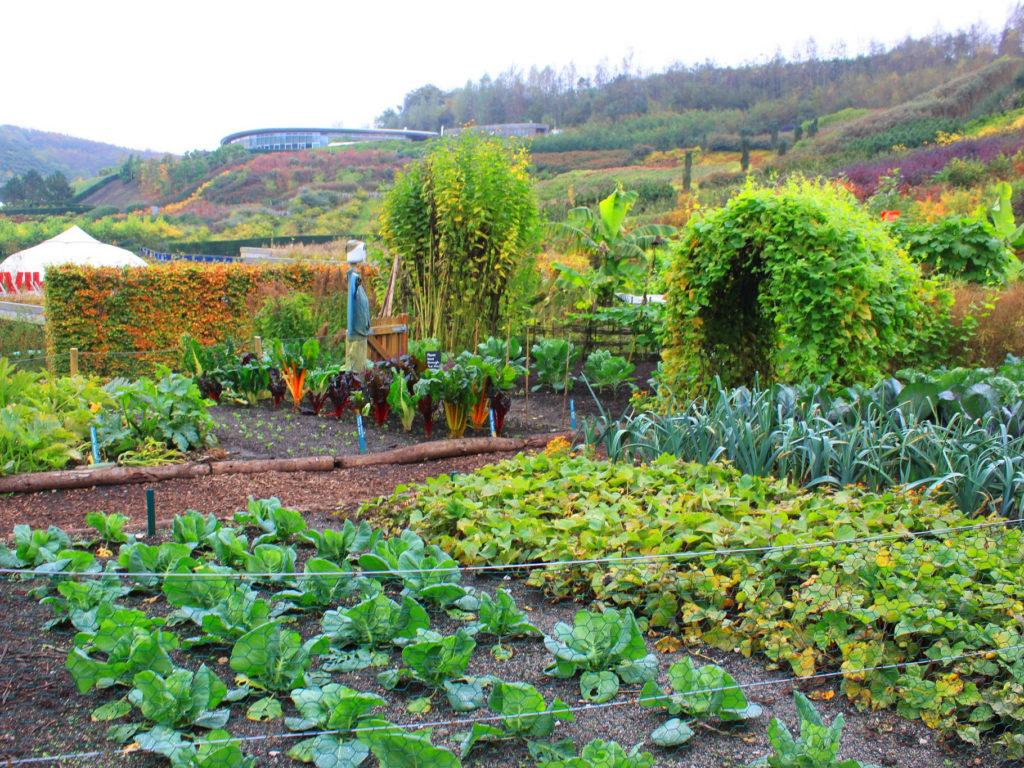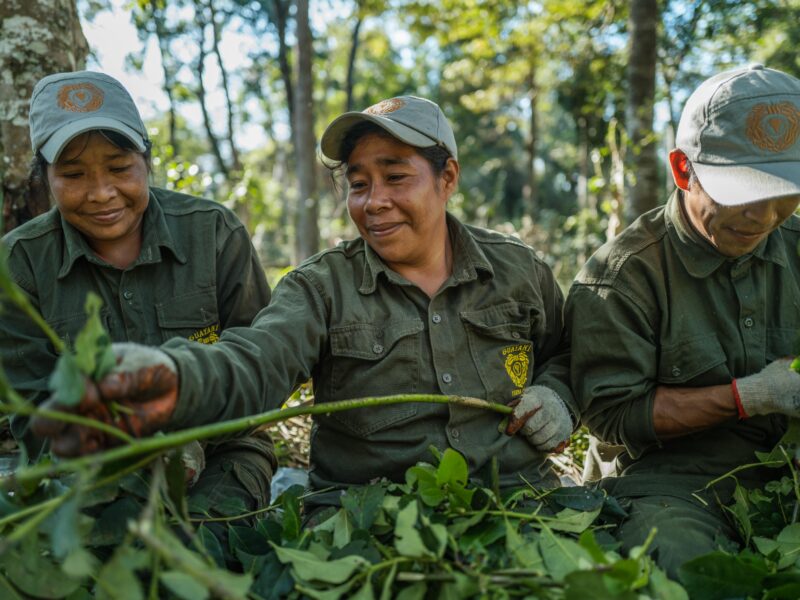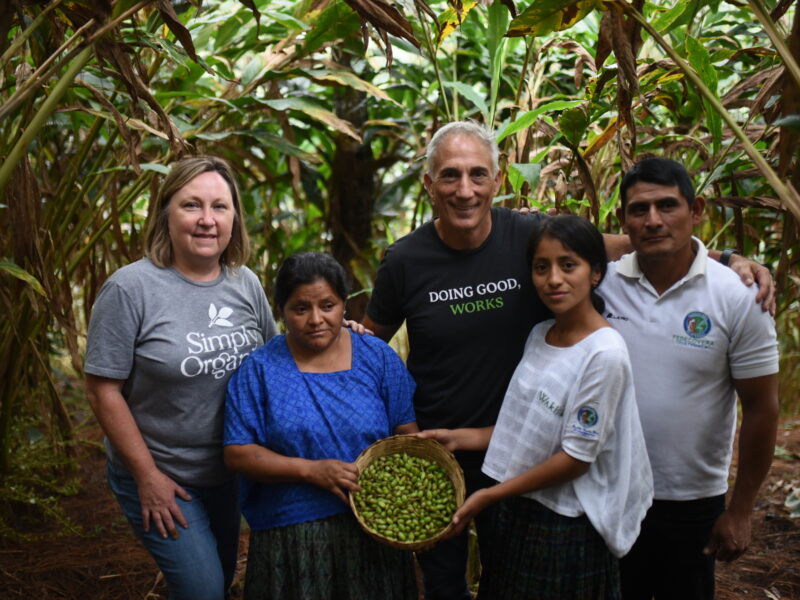A record-shattering fine levied against the Grocery Manufacturers Association for concealing the identities of the food and beverage companies that spent $11 million to defeat a GMO-labeling initiative in 2013 was upheld by this week the Washington Supreme Court. A lawsuit alleges the Environmental Protection Agency ignored its own scientists’ recommendations on dicamba. In its October 2018 decision, the EPA reapproved the herbicide for another two years, failing to even mention the prerequisite of “unacceptable” off-target movement it had set in its initial approval. In the midst of the coronavirus epidemic, the EPA recently announced that soybean farmers in 25 states are allowed to spray Alite 27, a cancer-causing weedkiller known to drift 1,000 feet from where it was sprayed, according to The Midwest Center for Investigative Reporting. In other food news, have you wondered what the top chefs are making in self-isolation? Some are sharing bite-sized culinary inspiration as you wait out a global pandemic. An anonymous Maryland mother is being hailed for leaving out hundreds of bagged lunches for her community during the novel coronavirus shutdowns. The bagged lunches carry a note, ‘Made With Love’ for anyone who may need them. Another standout this week is VeggieRx, a fresh produce prescription program that aims to provide access to fresh, nutritious food for Central Oregon’s food insecure residents diagnosed with a diet-modifiable disease. Since locally grown produce comprises the entirety of their food supply, farmers are supported as well. Most people underestimate the full environmental impact of cotton, thinking it takes only 314 liters of water to make a cotton T-shirt – which is only 12 percent of the true figure of 2,700 liters, according to a report. Yet buying a certified organic cotton T-shirt rather than an ordinary one would save a staggering 2,457 liters of water – enough for one person to drink eight glasses of water a day for three and a half years.
Cotton on: the staggering potential of switching to organic clothes
Most people underestimate the full environmental impact of cotton, thinking it takes only 314 liters of water to make a cotton T-shirt – which is only 12% of the true figure of 2,700 liters, according to a report. Yet buying a certified organic cotton T-shirt rather than an ordinary one would save a staggering 2,457 liters of water – enough for one person to drink eight glasses of water a day for three and a half years.
Washington’s record $18M fine stands against food makers
A record-shattering fine levied against the Grocery Manufacturers Association for concealing the identities of the food and beverage companies that spent $11 million to defeat a GMO-labeling initiative in 2013 was upheld by the Washington Supreme Court.
The lawsuit alleges EPA ignored its own scientists’ recommendations on dicamba
In its Oct. 31, 2018 decision, the EPA reapproved the herbicide for another two years, failing to even mention the prerequisite of “unacceptable” off-target movement it had set in its initial approval.
What Top Chefs Are Making in Self-Isolation
Here’s some culinary inspiration as you wait out a global pandemic.
Mystery Mom Has Been Leaving Out Free Bagged Lunches ‘Made With Love’ for Anyone Who May Need Them
An anonymous Maryland mother is being hailed for leaving out hundreds of bagged lunches for her community during the novel coronavirus shutdowns.
VeggieRx Is Feeding Central Oregon’s Most Vulnerable Communities
VeggieRx is a fresh produce prescription program that aims to provide access to fresh, nutritious food for Central Oregon’s food insecure residents diagnosed with a diet-modifiable disease. Since locally grown produce comprises the entirety of their food supply, farmers are supported as well.
EPA Evades Public Comment Period, Allows Cancer-Causing Pesticide
In the midst of the coronavirus epidemic, the U.S. Environmental Protection Agency (EPA) recently announced that soybean farmers in 25 states are allowed to spray Alite 27, a cancer-causing weedkiller known to drift 1,000 feet from where it was sprayed, according to The Midwest Center for Investigative Reporting.









